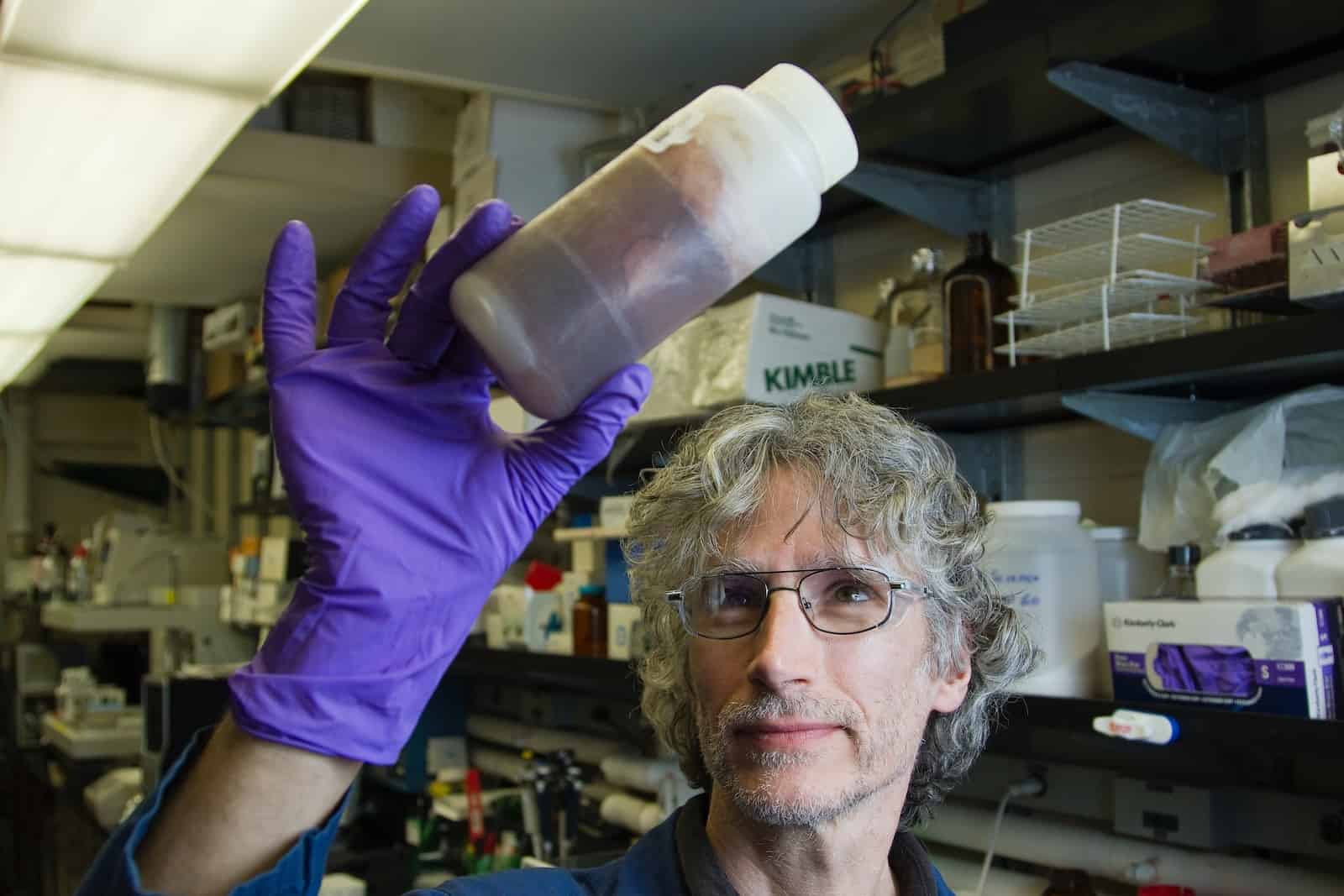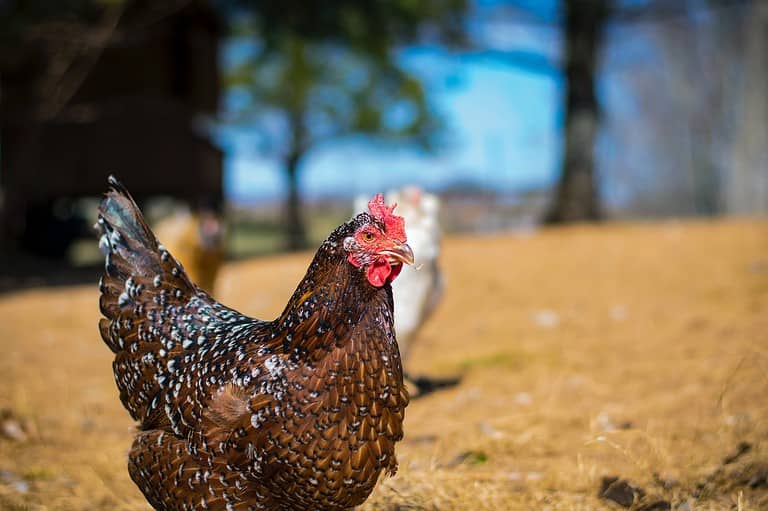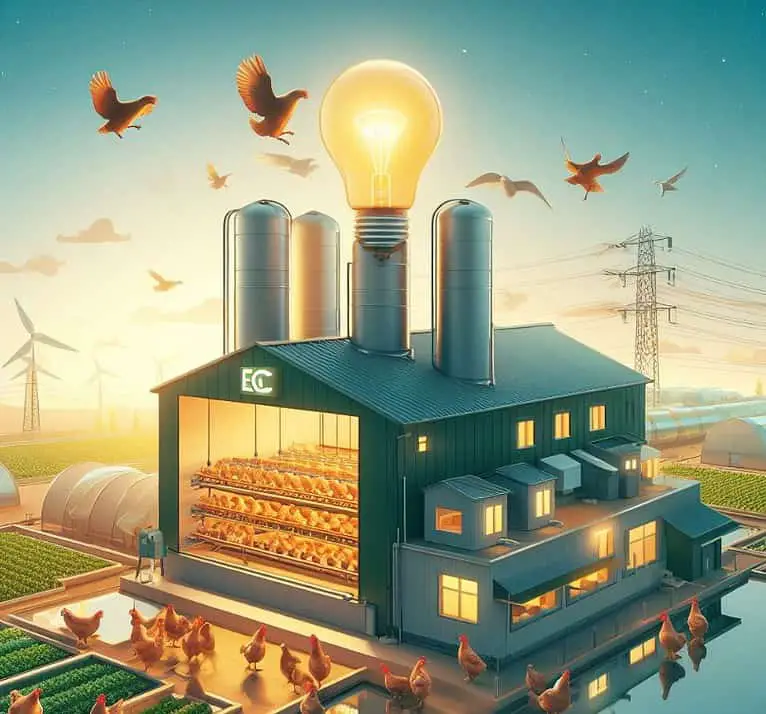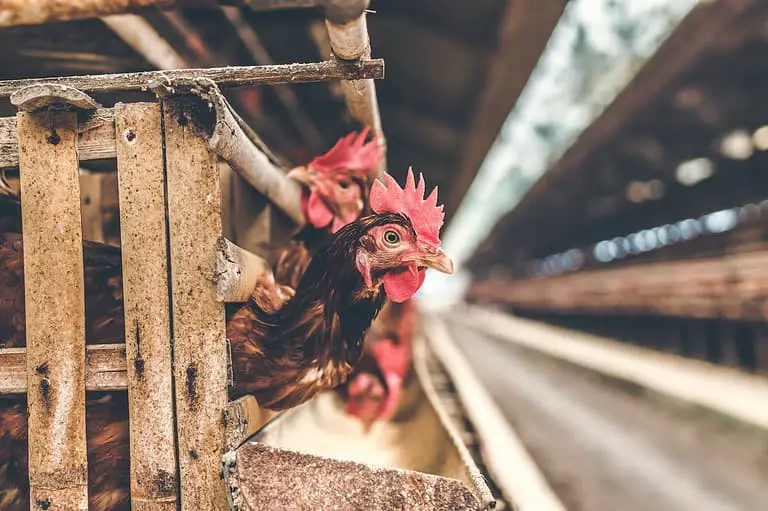Biosecurity Measures for Disease Control and Farm Hygiene in Poultry Farms
Understanding the Importance of Biosecurity in Poultry Farms
Biosecurity is a crucial aspect of poultry farming that ensures the prevention and control of diseases within a flock. With the increasing demand for poultry products such as broiler chicken and eggs, it is essential for farmers to prioritize the implementation of biosecurity protocols in their operations.
Effective biosecurity practices help in safeguarding the health and well-being of the birds, thereby minimizing the risk of disease outbreaks. This is particularly important in a poultry industry where disease transmission can have severe consequences on the productivity and profitability of the business.
By adopting biosecurity measures, poultry farmers can reduce the reliance on antibiotics and other disease control methods, leading to a more sustainable and cost-effective approach to production. Additionally, emphasizing biosecurity can help in maintaining consumer confidence by ensuring the production of safe and high-quality poultry products.
Identifying Potential Disease Risks in Poultry Farms
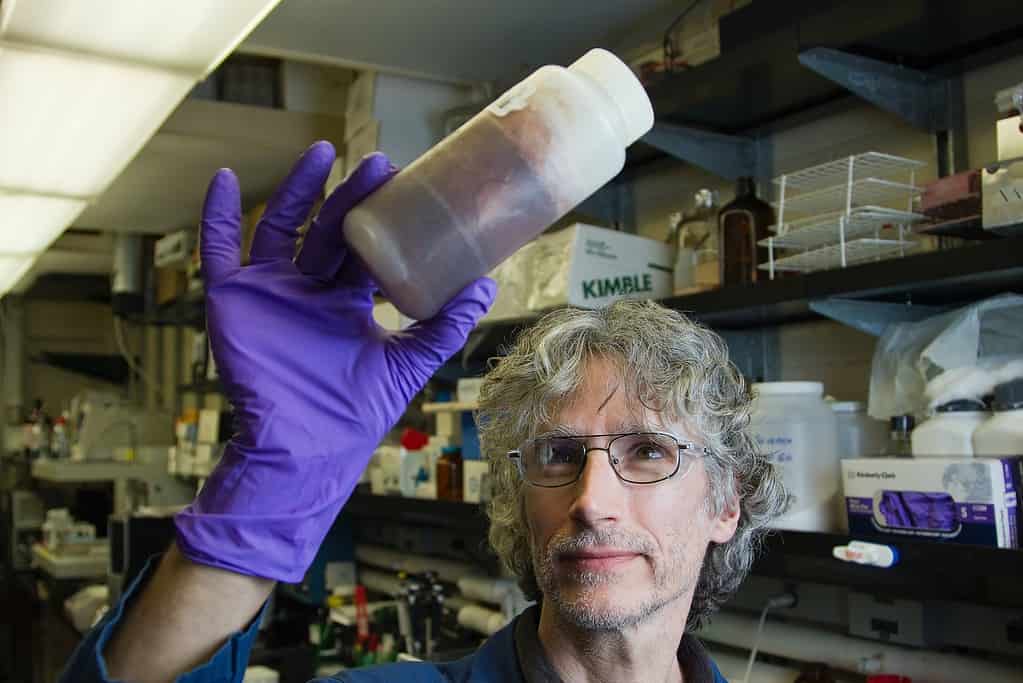
Identifying potential disease risks in poultry farms is a critical step in maintaining the health and productivity of the flock. The poultry industry faces numerous challenges when it comes to disease control, as infectious diseases can quickly spread and cause severe economic losses. Therefore, it is essential for poultry farmers to be proactive in identifying and managing these risks.
One of the primary methods of identifying potential disease risks is through regular monitoring and observation of the flock. Poultry farmers should closely monitor the health and behavior of their birds, looking out for any signs of illness such as decreased appetite, lethargy, respiratory distress, or unusual feces. Additionally, conducting regular necropsies (post-mortem examinations) can help identify any internal infections or abnormalities.
Another crucial aspect of identifying disease risks is to establish a strong relationship with a veterinarian who specializes in poultry health. They can provide valuable insights and assistance in disease surveillance, diagnostics, and developing appropriate prevention and control measures.
Regular consultations with the veterinarian can help poultry farmers stay ahead of potential threats and address any emerging issues promptly. Additionally, participating in disease surveillance programs and staying up to date with the latest research and industry resources can further enhance the ability to identify potential disease risks.
Implementing Effective Biosecurity Protocols for Disease Prevention
Implementing effective biosecurity protocols is crucial for disease prevention in poultry farms. With the rise of various diseases that can severely affect poultry health, it is essential for farmers to prioritize biosecurity measures to protect their flocks.
One of the key aspects of biosecurity is controlling access points on the farm. By implementing strict entry protocols and limiting the number of people and vehicles entering the premises, the risk of disease transmission can be significantly reduced.
This includes designated entry and exit points, proper sanitation, and requirement of protective clothing and footwear. Additionally, keeping a record of visitors and maintaining a biosecurity logbook can help track any potential sources of contamination.
Another vital component of biosecurity in poultry farms is maintaining strict hygiene and sanitation practices. Regular cleaning and disinfection of poultry houses, equipment, and vehicles is crucial in preventing the spread of diseases.
This includes regular removal of manure and waste, proper disposal practices, and regular cleaning and disinfection of water sources. Furthermore, practicing good biosecurity also involves implementing measures to prevent the introduction of disease-carrying vectors, such as rodents and wild birds, into the farm.
In conclusion, implementing effective biosecurity protocols is essential in ensuring the health and well-being of poultry flocks. By controlling access points and implementing strict hygiene practices, poultry farmers can significantly reduce the risk of disease transmission and protect their business investments. The next section will focus on proper disposal of poultry waste to further address potential disease risks in poultry farms.
Establishing Controlled Access Points to Minimize Disease Transmission
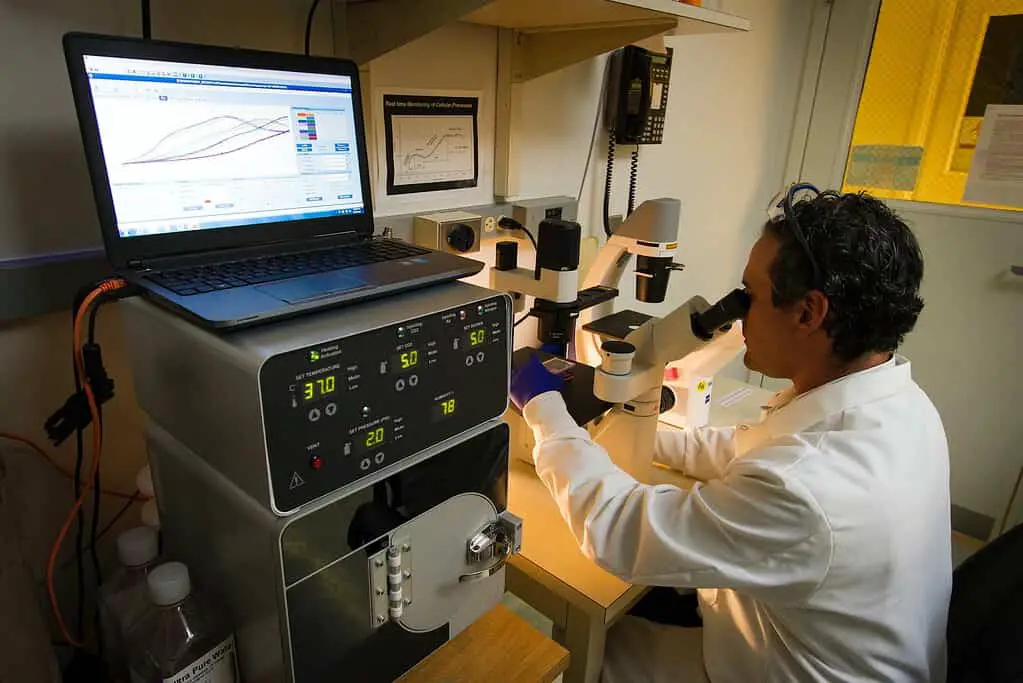
Controlled access points are an essential component of biosecurity protocols in poultry farms. By establishing these access points, farm operators can effectively minimize the risk of disease transmission and protect the health of their flocks.
Access points should be strategically placed throughout the farm to control the flow of people, vehicles, and equipment entering and exiting the premises. This helps to prevent the introduction of disease-causing pathogens from external sources.
Access points should be equipped with proper sanitation facilities, such as foot baths and hand-washing stations, to ensure that anyone entering the farm is practicing good hygiene practices.
Additionally, the use of biosecurity signage and clear instructions for visitors and staff is crucial to reinforce the importance of following biosecurity protocols.
Furthermore, access points should be monitored and managed carefully to ensure compliance with biosecurity measures. Farm operators should keep records of all individuals and vehicles entering and leaving the farm, including their purpose and duration of visit. Regular training and education sessions should be conducted to ensure that all personnel understand the importance of biosecurity and are aware of the necessary procedures to follow when entering or leaving the farm.
By establishing controlled access points, poultry farm operators can significantly reduce the risk of disease transmission within their flocks. However, it is important to note that access points alone are not sufficient to guarantee biosecurity. They should be part of a comprehensive biosecurity plan that includes other strategies such as vaccination programs, strict hygiene practices, and proper waste management. In the next section, we will explore the importance of sanitation practices in promoting farm hygiene and disease control.
Sanitation Practices to Promote Farm Hygiene and Disease Control
Maintaining proper sanitation practices is crucial in promoting farm hygiene and disease control in the poultry industry. Implementing effective sanitation protocols helps minimize the risk of disease transmission and ensures the overall health and well-being of the flock.
One important aspect of farm sanitation is regular cleaning and disinfection of the poultry housing and equipment. This involves removing all organic matter, such as manure and bedding materials, and thoroughly cleaning surfaces with appropriate disinfectants. By doing so, potential disease-causing pathogens can be eliminated, reducing the risk of infection.
Additionally, practicing good waste management is essential. Proper disposal of poultry waste, such as manure and leftover feed, helps prevent the spread of diseases. Implementing a waste management system that includes proper storage, handling, and disposal methods is vital for maintaining a clean and hygienic environment on the farm.
Overall, by implementing stringent sanitation practices, poultry farmers can significantly reduce the risk of disease transmission and maintain a healthy flock. These practices, combined with other biosecurity measures, play a crucial role in ensuring the profitability and sustainability of the poultry farming business.
LSI Keywords: Poultry farming, biosecurity, disease control, sanitation practices, farm hygiene, disease transmission, poultry housing, equipment cleaning, disinfection, waste management, poultry waste disposal.
Proper Disposal of Poultry Waste to Prevent Disease Spread
Proper disposal of poultry waste is a critical aspect of biosecurity in poultry farms. Poultry waste, which includes manure, feathers, and bedding materials, can harbor various pathogens that pose a significant risk to the health of the flock. Therefore, it is essential to implement effective waste management practices to prevent the spread of diseases.
One common method of poultry waste disposal is through composting. Composting not only helps in reducing the volume of waste but also aids in the breakdown of organic materials, including pathogens.
The composting process generates heat, which can kill harmful bacteria and parasites, making the compost safe to use as a soil amendment or fertilizer. It is crucial to maintain proper composting conditions, such as maintaining the right moisture levels and turning the compost regularly, to ensure effective decomposition and pathogen elimination.
Another disposal method is through proper storage and removal of waste from the farm premises. Waste should be stored in secure containers or pits that prevent access from pests and other animals that can spread diseases.
Regular removal of waste minimizes the potential for disease transmission within the farm and surrounding areas. Additionally, it is important to follow local regulations and guidelines regarding waste disposal to ensure compliance and minimize any negative impact on the environment.
In conclusion, proper disposal of poultry waste is crucial for preventing the spread of diseases in poultry farms. By implementing effective waste management practices such as composting and proper storage and removal, farmers can minimize the risk of disease transmission, safeguard the health of their flock, and contribute to the overall biosecurity of the poultry industry.
- Composting is an effective method of poultry waste disposal that reduces volume and breaks down organic materials, including pathogens.
- Proper composting conditions, such as moisture levels and regular turning, are essential for effective decomposition and pathogen elimination.
- Secure storage containers or pits should be used to prevent access from pests and other animals that can spread diseases.
- Regular removal of waste minimizes the potential for disease transmission within the farm and surrounding areas.
- Following local regulations and guidelines regarding waste disposal ensures compliance and minimizes negative environmental impact.
Why is proper disposal of poultry waste important?
Proper disposal of poultry waste is important to prevent the spread of diseases among poultry farms. It helps maintain biosecurity and reduces the risk of contamination and transmission of pathogens.
What are some potential disease risks in poultry farms?
Poultry farms can be at risk of diseases such as avian influenza, Newcastle disease, and salmonellosis. These diseases can spread rapidly and have devastating effects on poultry populations.
How can effective biosecurity protocols help prevent diseases in poultry farms?
Effective biosecurity protocols, such as controlling access points and implementing sanitation practices, can help prevent the introduction and spread of diseases in poultry farms. They create barriers that restrict the movement of pathogens and reduce the risk of disease transmission.
How can controlled access points minimize disease transmission?
Controlled access points, such as secured entryways and checkpoints, allow for better monitoring and control of who enters and exits the poultry farm. This helps minimize the introduction of diseases by preventing unauthorized individuals or vehicles from bringing in pathogens.
What sanitation practices are important for promoting farm hygiene and disease control?
Sanitation practices such as regular cleaning and disinfection of poultry housing, equipment, and vehicles are important for maintaining farm hygiene and preventing disease spread. Proper waste management and removal also play a crucial role in reducing disease risks.
How should poultry waste be properly disposed of to prevent disease spread?
Poultry waste should be properly managed and disposed of to prevent disease spread. This can involve methods like composting, land application, or using waste management systems that comply with regulations and guidelines. Proper disposal prevents the accumulation of pathogens and reduces the risk of contaminating the environment and other poultry populations.

